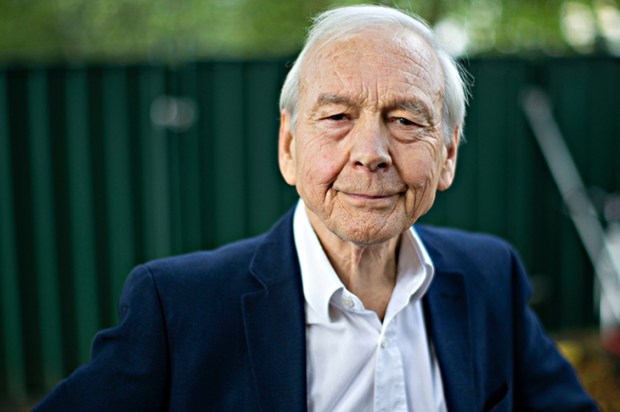It’s tempting to believe that somewhere in the bowels of Broadcasting House in London the voice of Kenneth Williams is still roaming, rich, ribald and ever-so-fruity, ready to jump out and surprise us. He was just so unmistakable on air, both fantastically intimate with the microphone and very aloof, but never better than playing someone totally off-the-wall.
Already a subscriber? Log in
Subscribe for just $2 a week
Try a month of The Spectator Australia absolutely free and without commitment. Not only that but – if you choose to continue – you’ll pay just $2 a week for your first year.
- Unlimited access to spectator.com.au and app
- The weekly edition on the Spectator Australia app
- Spectator podcasts and newsletters
- Full access to spectator.co.uk
Or
Unlock this article
You might disagree with half of it, but you’ll enjoy reading all of it. Try your first month for free, then just $2 a week for the remainder of your first year.














Comments
Don't miss out
Join the conversation with other Spectator Australia readers. Subscribe to leave a comment.
SUBSCRIBEAlready a subscriber? Log in